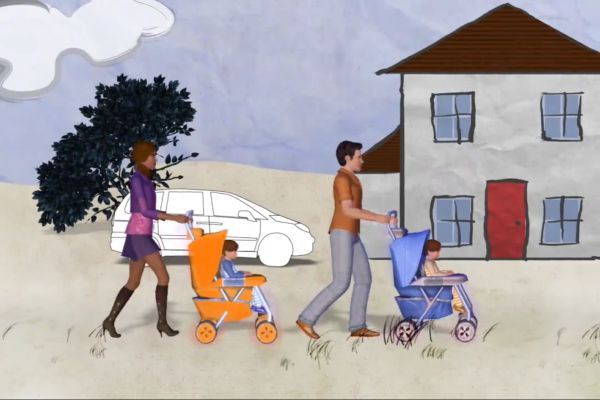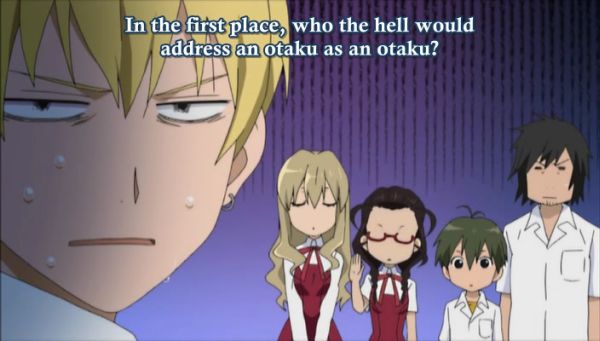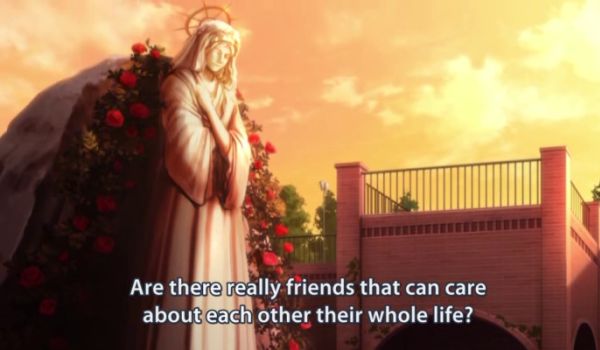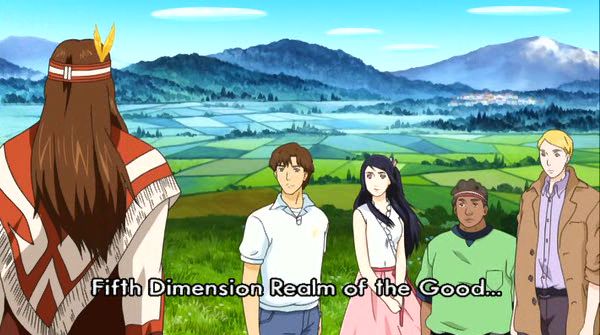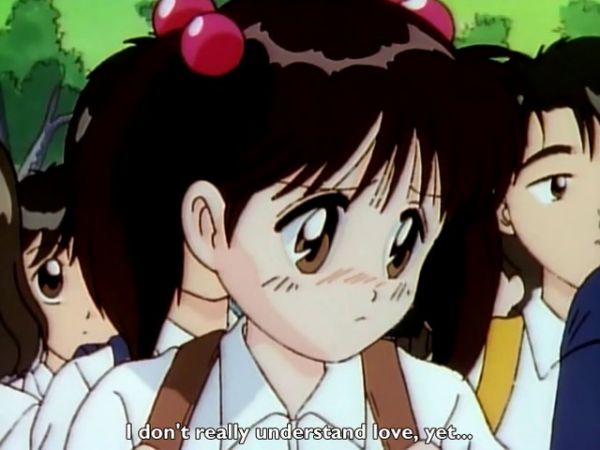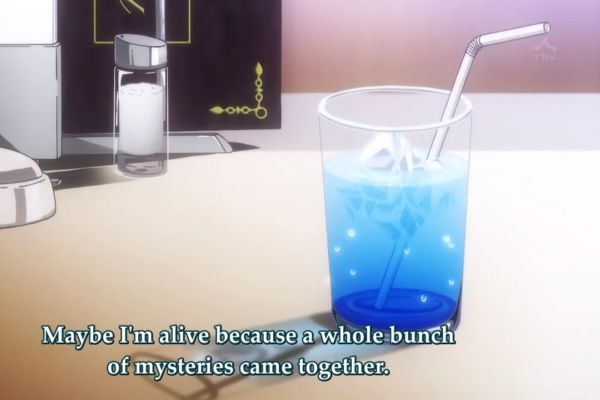
Maybe I’m alive because a whole bunch of mysteries came together. Still, I prefer to be alive in a world I don’t completely understand, rather than completely understand a world that is so simple that it has room for neither life nor thought.
This fall in Norway, one of our leading intellectuals wrote a short essay in Norway’s leading “conservative” newspaper (for Scandinavian values of conservative, where Bill Clinton would fit right in). She referred to a question she had got from a journalist, about how she as a modern, top-educated Norwegian woman, could be a Catholic. She had replied: “Your question shows your prejudices”, and the journalist became agitated.
So did the readers of the essay. The comments are a sight to behold: “You believe in thousands of years old fairy tales”, “You believe that a man walked on water and you drink his blood, I cannot take seriously anything you say about anything”, “Christianity and especially Catholicism is the worst thing that has happened to humanity”. This kind of thinking is actually very normal among leftists, certainly it is the norm among those I know. They seem to fantastically imagine that they alone don’t live in a fantasy world.
Rather my message today is that all humans, ever, have believed in the impossible, and all humans now alive do so as well. We just believe in different kinds of impossibilities.
***
One fellow, with whom I share several interests, told me that not only does he not have a soul, he also does not have a mind. He just has a brain, and it does all that we usually call him, all on its own. This is a pretty extreme case, but it is the basic belief of all materialists, even those who don’t like to talk about it. There is no free will, you can read frequently in popular science magazines. It has been scientifically proven that free will doesn’t exist. So I guess those folks who work for the magazines are simply doing this in an instinctual attempt to survive and reproduce. That would explain so much! No, not really. It is more like the years when science had explained that bumblebees could not fly, but the bumblebees hadn’t read it and kept flying. (We now know how they do it, by the way.)
But just as I think I am talking with a slab of meat, it gets weirder. It is not just the soul that doesn’t exist, neither does the body! Most obviously, atoms enter and leave every cell of the body at a frenetic rate. Most of our bodies are actually replaced in weeks rather than years. Although it is not impossible that some atoms may remain (or have returned) even after many years, they are certainly not enough to give you any kind of identity. And not only are the cells renewed: Most of them die and are replaced gradually. Even in your brain, cells die off over time, but it turns out that new ones show up as well. (Stem cells in the brain were only discovered a decade or so ago, so older textbooks may not have this.)
It should have been needless to say, but the atoms do not change in any way when they become part of your body, or when they become part of a living being in general. They are the same, and they obey their few and simple laws slavishly. They bond with other atoms to attain the optimal number of electrons in their outer electron “shell” or “cloud”. Some atoms need only share one electron with others to be complete, while others need up to four. Â Carbon is one of the most social of them all, and so all known life has a decent amount of carbon in it. But that does not mean carbon is alive or has any choice about which atoms it will bond with. It simply follows the law of electromagnetism, completion by sharing electrons. In other words, life does not exist either.
It is bad enough that your mind, your body and life itself don’t actually exist. It hardly gets better by the fact that matter doesn’t exist either. The atoms, despite their name (a-tomos, non-divisible) are almost completely empty. The electrons don’t circle around the nucleus like planets either, the way our grade school physics books told us. Rather, they simply have a certain probability of being at a certain place at a certain time. But less known is the fact that this applies to the nucleus as well. It is composed of smaller particles (protons and neutrons) which again are composed of quarks which are down in the probability level of quantum physics along with the electrons. While they certainly have a higher probability of being somewhere than elsewhere, it is far from absolute. And in any case, the overwhelming majority of the volume of an atom has an extremely low probability of containing any particle whatsoever. It is almost completely empty, and what is there at all, is in constant flux.
In fact, subatomic particles that don’t exist, often show up anyway. Because of variations in the null energy in vacuum, electrons and positrons can suddenly pop into existence on borrowed energy, and then disappear again a moment later, paying back the energy. Some believe this is what happened to the universe, which itself started at a subatomic size. Perhaps it came into existence on borrowed energy, and when this falls due, it simply disappears. It is hard to know, since we haven’t seen it happen yet. On the other hand, we have seen the opposite scenario: Actual particles temporarily cease to exist, and then pop back into existence on the other side of a barrier.
So basically, you don’t exist, and you have no choice in whether you believe in this or not. Not only do your mind and your body not exist, neither does the visible world in which you make your rounds, or the starry sky above you. Things that exist sometimes take vacations from doing so, and the same goes for nonexistent things.
Some 95% of the universe is now assumed to consist of “dark matter” and “dark energy”, so named not just because they aren’t visible, but we also don’t know what they are. There are some theories about what “dark matter” may be, but for “dark energy”, we only know that it probably is there because the equations require it. Normally in school when this happened, my teacher would tell me to go back and do the equations again, but the brightest human minds have done so for a while and come to the same conclusion.
It is possible that the brightest human minds (which, I need to remind you, don’t actually exist) are not all that bright after all, and we really don’t understand reality and never will. But if that happens, believers will be the last to stop trying. For we believe we are created in the image of the Creator, and that our minds are adequate to the Absolute and the Complete, and will never be fully satisfied with less. So what if God does not exist? Neither do we, but since when has that stopped any of us?
We all believe in the impossible. But which impossibility do you believe in? One fit for humans, or one only for scientific measuring devices? Poetry or binary? Or some of each?
“Your question reveals your prejudices.” We could not live if we only believed in what we can understand. We don’t even know how we can decide to get up in the morning, but most of us eventually get up anyway. We have to live on, and we do so by believing in the impossible. Not just I, but you too.
